Alright, I'll take a stab at this. It's pretty unclear what exactly you're hoping for, but reading your comments, it sounds like you're looking to build a hierarchy of sorts in your table.
Something like this:
"Lease Terminated Jan 29, 2013 due to the event of..."
216 24914 87
216 724992 87
216 724993 87
"Other potential column"
217 2132 86
...
...
Unfortuantely, I don't believe that that's possible. SQL Server is pretty strict about returning a table, which is two-dimensional by definition. There's no good way to describe a hierarchy such as this in SQL. There is the hierarchyid type, but that's not really relevant here.
Given that, you only really have two options:
My preference 99% of the time, just accept the duplicates. Handle them in your procedural code later on, which probably does have support for these trees. Unless you're dealing with performance-critical situations, or if you're pulling back a lot of data (or really long comments), that should be totally fine.
If you're hoping to print this result directly to the user, or if network performance is a big issue, aggregate your columns into a single record for each comment. It's well-known that you can't have multiple values in the same column, for the very same reason as the above-listed result isn't possible. But what you could do, data and your own preferences permitting, is write an aggregate function to concatenate the grouped results into a single, comma-delimited column.
You'd likely then have to parse those commas out, though, so unless network traffic is your biggest concern, I'd really just do it procedural-side.
